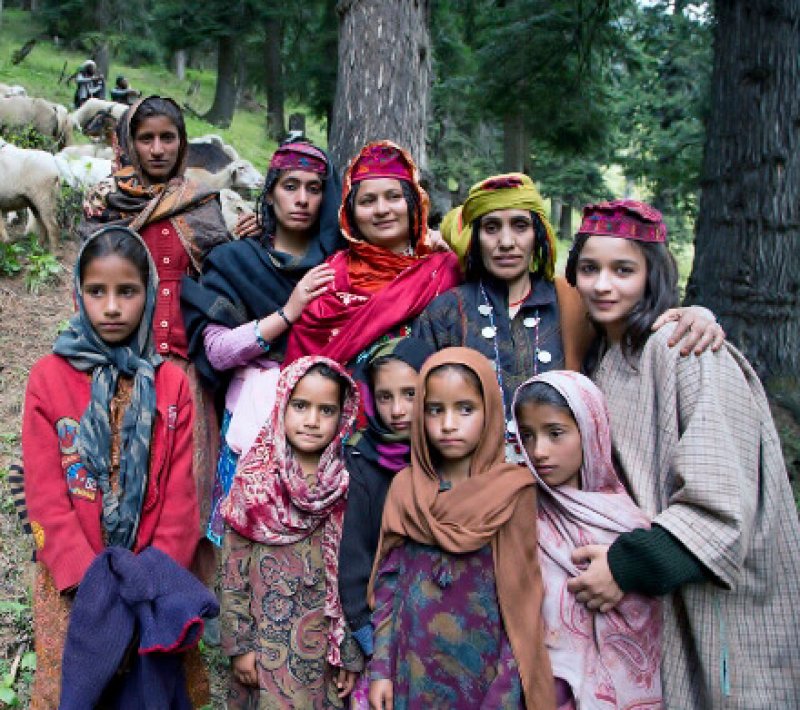South Asians should be viewed not as a single population but as thousands of distinct groups reinforced by cultural practices that promote marrying within one’s community.
…
Marriage within a limited group, or endogamy, has created millions of people who are susceptible to recessive diseases…said Kumarasamy Thangaraj, an author of the study [published in Nature Genetics]…
The scientists then looked at something called the founder effect. When a population originates from a small group of founders that bred only with each other, certain genetic variants can become amplified…
Rare conditions are therefore disproportionately common in populations with strong founder events. Among Finns, for instance, congenital nephrotic syndrome, a relatively rare kidney disease, is uniquely prevalent. Similarly, Ashkenazi Jews are often screened for diseases like cystic fibrosiss or Gaucher disease.
…
All of these groups have estimated founder effects about 10 times as strong as those of Finns and Ashkenazi Jews, which suggests the South Asian groups have “just as many, or more, recessive diseases,”…
If recessive disease mutations are cataloged, they could potentially be used for prenatal or premarital screening programs, which can be “immensely powerful,” said Priya Moorjani, an author of the paper…
The GLP aggregated and excerpted this blog/article to reflect the diversity of news, opinion, and analysis. Read full, original post: In South Asian Social Castes, a Living Lab for Genetic Disease































